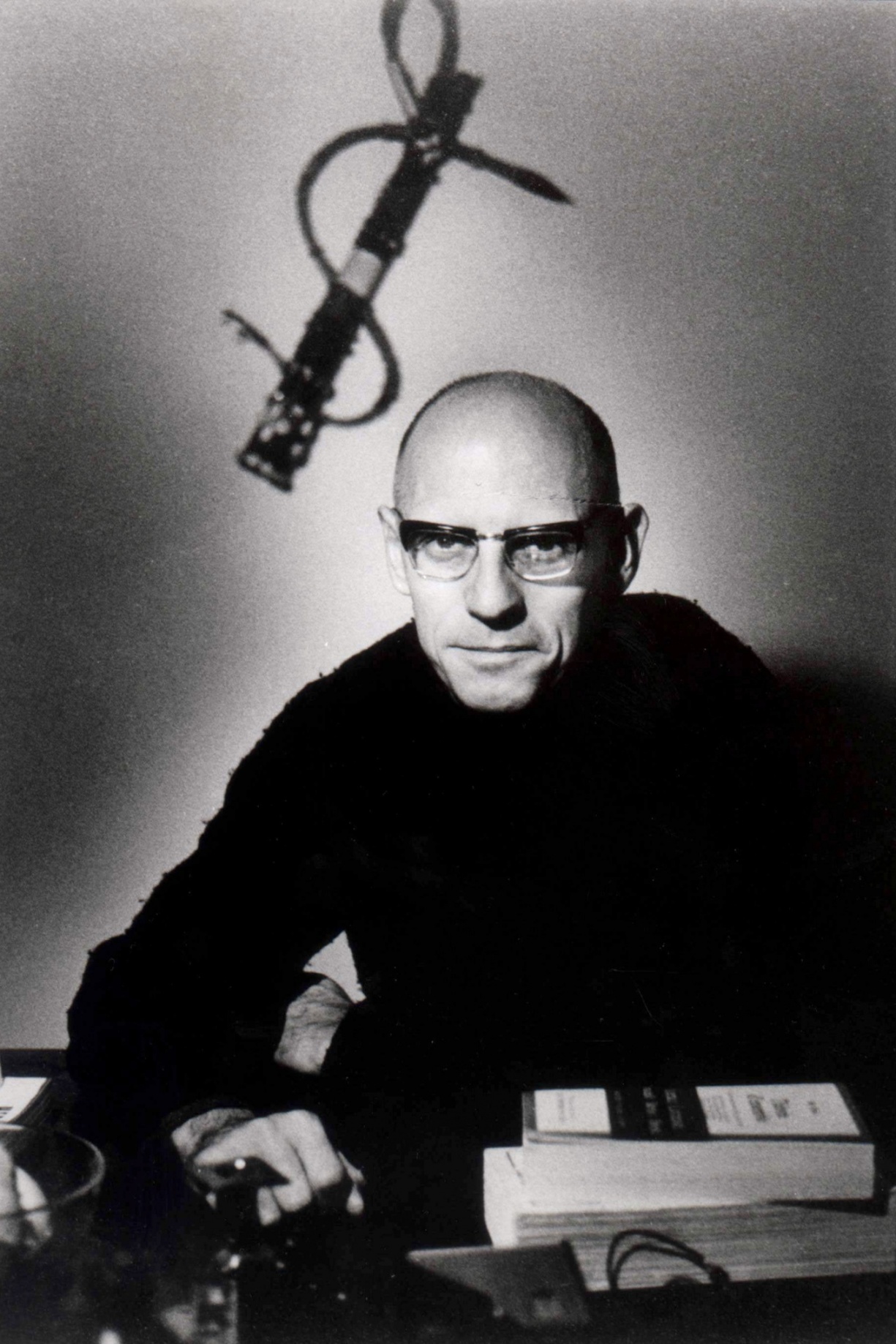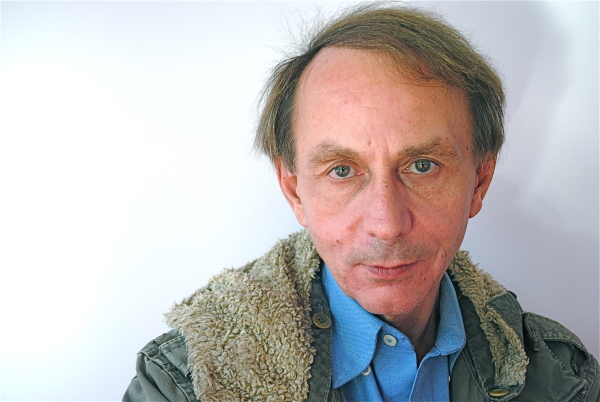
Cultural historian Sudeer Hazareesingh’s new book was excerpted in the Guardian recently. It’s a tired old subject, the decline of French thought, but he’s at least given it more thought than Time magazine did. The section on ‘the pessimistic turn’ takes us right up to Piketty, Zemmour and Houellebecq’s Soumission:
Since the late 20th century French thought has lost many of the qualities that made for its universal appeal: its abundant sense of imagination, its buoyant sense of purpose, and above all its capacity (even when engaging in the most byzantine of philosophical issues) to give everyone tuning in, from Buenos Aires to Beirut, the sense that they were participating in a conversation of transcendental significance. In contrast, contemporary French thinking has become increasingly inward-looking – a crisis that manifests itself in the sense of disillusionment among the nation’s intellectual elites, and in the rise of the xenophobic Front National, which has become one of the most dynamic political forces in contemporary France. Nora, writing in 2010, concluded despondently that France had become the land of “shrinking horizons, the atomisation of the life of the mind, and national provincialism”. Time magazine proved him right in 2015 when it included Marine Le Pen in its list of the world’s 100 most influential figures (the only other French person on the list was the economist Thomas Piketty, the author of the best-selling Capital in the Twenty-First Century).
How is this transformation to be explained? Among the most important factors is a collective recognition that France is no longer a major power. The complicated condition of the European project, which was decisively shaped in the past by a string of French figures (from Jean Monnet to Jacques Delors), bears witness to this decline. This change in the nation’s collective psychology also stems from a delayed recognition of the devastating character of France’s military defeat in 1940, and the impact of two further catastrophes that were not fully internalised: the loss of Indochina and the withdrawal from Algeria. For most of the post-liberation decades, these events were cushioned by the reassuring fiction that the French had behaved heroically during the war, and that France still represented an alternative force in world politics, thanks to its seat at the UN security council, its messianic Gaullist leadership and its distinct political and cultural values (as De Gaulle once observed: “I prefer uplifting lies to demeaning truths”). This myth was largely intended as a replacement of the (equally fabulous) ideal of the French mission civilisatrice in the colonies. Yet this collective confidence has been seriously damaged by the unravelling of the myth of the resistance and the emergence of a “Vichy syndrome”, which in the last two decades of the 20th century detailed the extent of French collaboration during the years of occupation.
This pessimistic sensibility has been exacerbated by a widespread belief that French culture is itself in crisis. The representation of France as an exhausted and alienated country, corrupted by the egalitarian heritage of May 68, overrun by Muslim immigrants and incapable of standing up for its own core values is a common theme in French conservative writings. Among the bestselling works in this genre are Alain Finkielkraut’s L’identité malheureuse (2013) and Éric Zemmour’s Suicide Français (2014). This morbid sensibility (which has no real equivalent in Britain, despite its recent economic troubles) is also widespread in contemporary French literature, as best exemplified in Michel Houellebecq’s recent oeuvre: La carte et le territoire (2010) presents France as a haven for global tourism, “with nothing to sell except charming hotels, perfumes, and potted meat”; his latest novel Soumission (2015) is a dystopian parable about the election of an Islamist president in France, set against a backdrop of a general collapse of Enlightenment values. A major underlying consideration here is the perception of the decline of French as a global language, and its (much-resented) replacement by English. A variety of groups and associations have long been campaigning vigorously against the importation of English words into French. The linguist Claude Hagège referred to the invasion of the English language as a “war”, claiming that its promotion “served the interests of neoliberalism”. Since 2011, the website of the Académie Française has a section dedicated to weeding out anglicisms from the French language. Among the expressions recently singled out for censure were conf call, off record, donner son go (authorise), chambre single,news and faire du running (notwithstanding this crusade, the word “selfie” is set to be included in the 2016 edition of the Larousse dictionary).
A more profound cause of the current malaise relates to the ways in which French elites are recruited and trained. For much of the modern era, the nation’s republican and socialist leaders were grounded in a meritocratic and humanist culture typically provided by institutions such as the École Normale Supérieure: among its most famous graduates were the likes of Jean Jaurès and Léon Blum. However, since the 1960s French elites have increasingly come from technocraticgrandes écoles such as the École Nationale d’Administration (ENA). Most of the recent leaders of the Socialist party, including prime ministers Fabius, Rocard and Jospin; and president Hollande, are énarques. Their intellectual outlook reflects the strengths of this type of technocratic education, such as a capacity for hard work and for mastering complex briefs. But it also illustrates its endemic weaknesses: an inability to think creatively, a tendency towards formalism and rule-following, a socially exclusive and complacent metropolitan outlook, a corporatist, bunker mentality (as the joke goes, “Spain has the ETA, Ireland the IRA, and France the ENA”). Above all, it shows an overwhelmingly masculine style and ethos. Women in France struggle even more than in other advanced industrial societies to assume leading positions in politics (the law on parité, for example, is openly flouted by all parties) – and when they do break through the glass ceiling, female politicians face an exceptional barrage of hostility: Édith Cresson is the only woman to have served as prime minister, and she lasted less than a year.
This ascendency of technocratic values among French progressive elites is itself reflective of a wider intellectual crisis on the left. The singular idea of the world (a mixture of Cartesian rationalism, republicanism and Marxism) that dominated the mindset of the nation’s progressive elites for much of the modern era has disintegrated. The problem has been compounded by the self-defeating success of French postmodernism: at a time when European progressives have come up with innovative frameworks for confronting the challenges to democratic power and civil liberties in western societies (Michael Hardt and Antonio Negri’s notion of empire, and Giorgio Agamben’s concept of the state of exception), their Gallic counterparts have been indulging in abstract word games, in the style of Derrida and Baudrillard. French progressive thinkers no longer produce the kind of sweeping grand theories that typified the constructs of the Left Bank in its heyday. They advocate an antiquated form of Marxism (Alain Badiou), a nostalgic and reactionary republicanism (Régis Debray), or else offer a permanent spectacle of frivolity and self-delusion (Bernard-Henri Lévy). The sociologist Bruno Latour clearly had this syndrome in mind when he observed: “It has been a long time since intellectuals were in the vanguard. Indeed it has been a long time since the very notion of the avant-garde …passed away.” But we should remember that in France especially, there is always the potential for a sudden reversal: regeneration is one of the essential myths of French culture.
(…)


